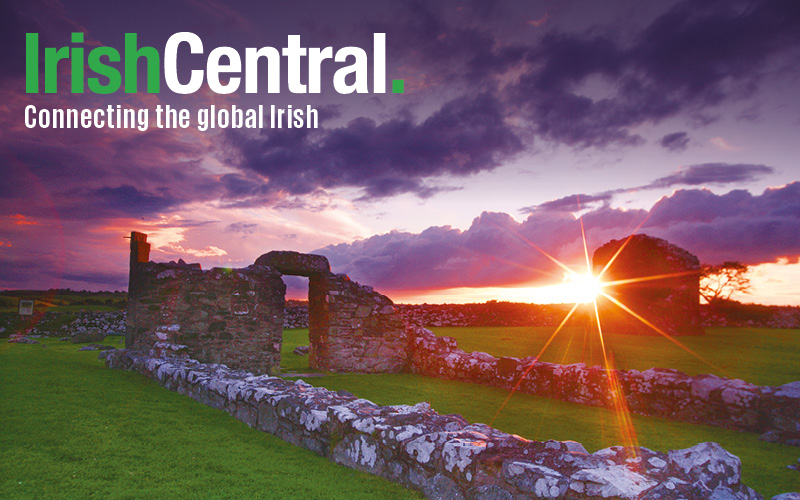In his art and life Seamus Heaney stayed at a distance from the imprisoning claims of his home and homeland.
He had the sense to keep his distance, even in a room filled with friends and admirers (perhaps especially there).
Few Irish writers since Oscar Wilde has traveled as far from their place of origin, but Heaney stayed true to his homeland, or half true to it.
When you're from the north, as Heaney was, no one will willingly grant you the luxury of impartiality.
More often you're pulled in and implicated from birth to death. In the north 'minds are open like a trap,' he wrote.
So it hasn't been sufficiently acknowledged just how nimbly he avoided all the traps set for him, because it's actually one of the central achievements of his life and art.
In the north in the 1980's the nightly news reports were delivered in words that had grown numb from the repetition of too much horror. Those words failed to convey us to ourselves, they failed to help. Even the term that came to describe the long war, the Troubles, was an imprecise and almost laughable euphemism. Words had completely failed us. Seamus Heaney did not.
In the 1980's, after the success of Brian Friel's play Translations, a group of gifted northern writers (including Heaney) formed a theatre company in Derry to engage with the challenges that Friel's play had set us. They came together to to climb out of its long shadow.
It was a challenge Heaney took to heart. Along the way lines from W.H. Auden inspired him:
'O look, look in the mirror,
O look in your distress:
Life remains a blessing
Although you cannot bless.
'O stand, stand at the window
As the tears scald and start;
You shall love your crooked neighbor
With your crooked heart.'
That wasn't a suggestion, it was a command. There could be no other way out of the dark. Auden's lines would eventually appear in the program to The Cure At Troy, Heaney's remarkable version of Sophocles' Philoctetes, which was performed in Derry in October 1990. They were the first indication of the sheer ambition of what he was up to. That he succeeded is now beyond question. The conversation that Friel had started would find its most eloquent rejoinder in Heaney's verse.
I was in audience when that play premiered, as were all the main political leaders from both sides of the conflict, as were half the long-suffering people of Derry it seemed. Like all northerners, like all the Irish, I think we wanted the sky to open and show us a vision. Forget Derry, we wanted Delphi. We wanted the poet, our poet, to do what Irish poets, bards and druids have always done: lead us out of darkness toward the light of understanding.
When the god spoke from the mountain in The Cure At Troy it was one of the most electrifying moments of my life, one that made me realize, more than anything has before or since, that the Irish conflict could end.
And all this, remember, was the work of a big farmer's son from Derry who had a talisman for a name. He knew all the roads into and out of the past, he was fluent in every dialect, language and local custom; he was our Hermes of the crossroads, he took us backward and forward in the same line, both into and out of ourselves.
For decades tongue tied politicians have quoted liberally from his play The Cure At Troy, always the same few verses, but for me the play's concluding lines are more memorable. Perhaps because they're typically northern in their paradoxical credulity and suspicion.
'Now it’s high watermark
and floodtide in the heart
and time to go.
The sea-nymphs in the spray
will be the chorus now.
What’s left to say?
Suspect too much sweet-talk
but never close your mind.
It was a fortunate wind
that blew me here. I leave
half-ready to believe
that a crippled trust might walk
and the half-true rhyme is love.'
W.B. Yeats passed away in January 1939 and his successor Seamus Heaney was born three months later. 'If you have the words, there's always a chance that you'll find the way,' Heaney wrote. He made his life the illustration. We should follow the path he created for us.




Comments